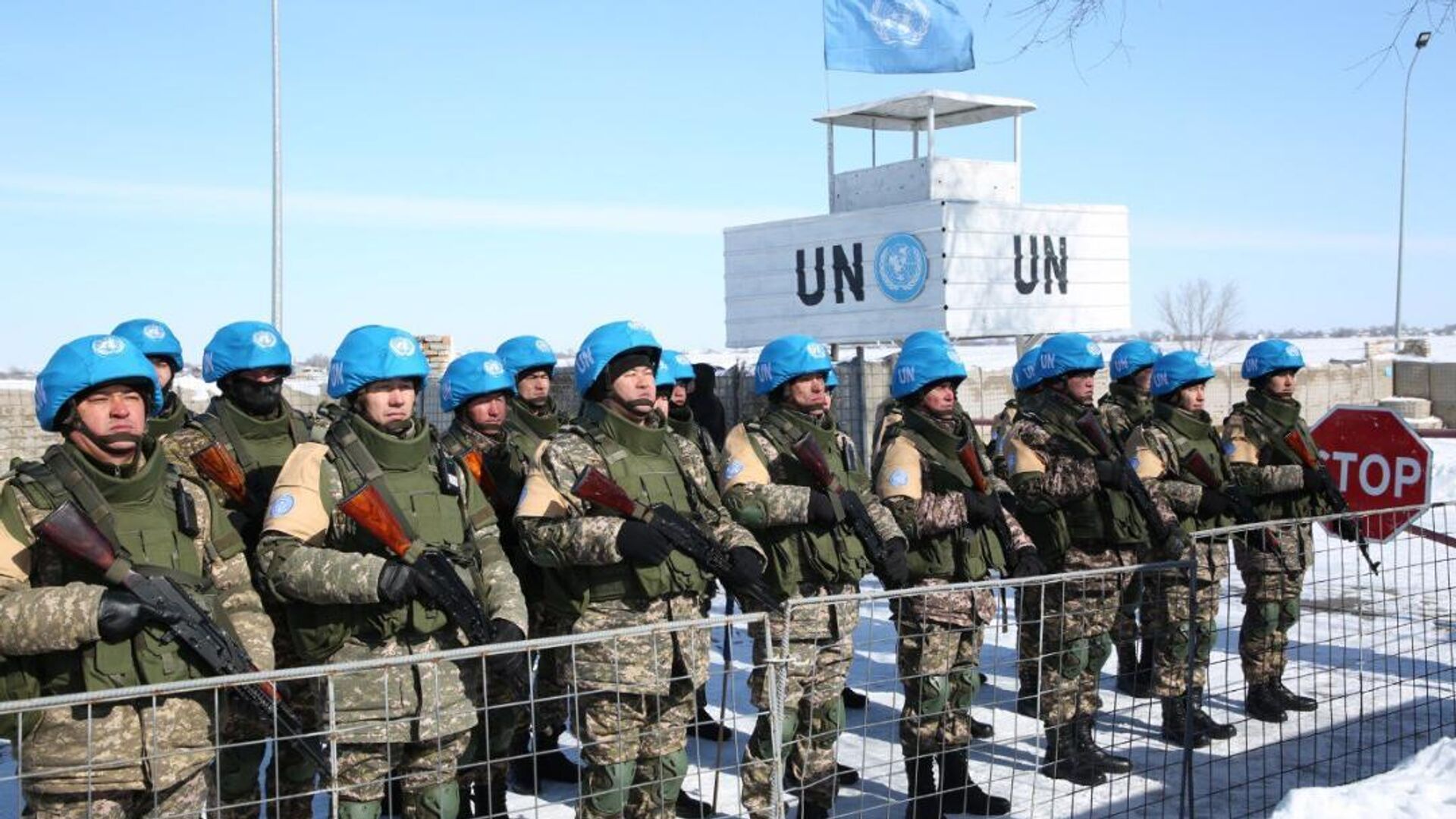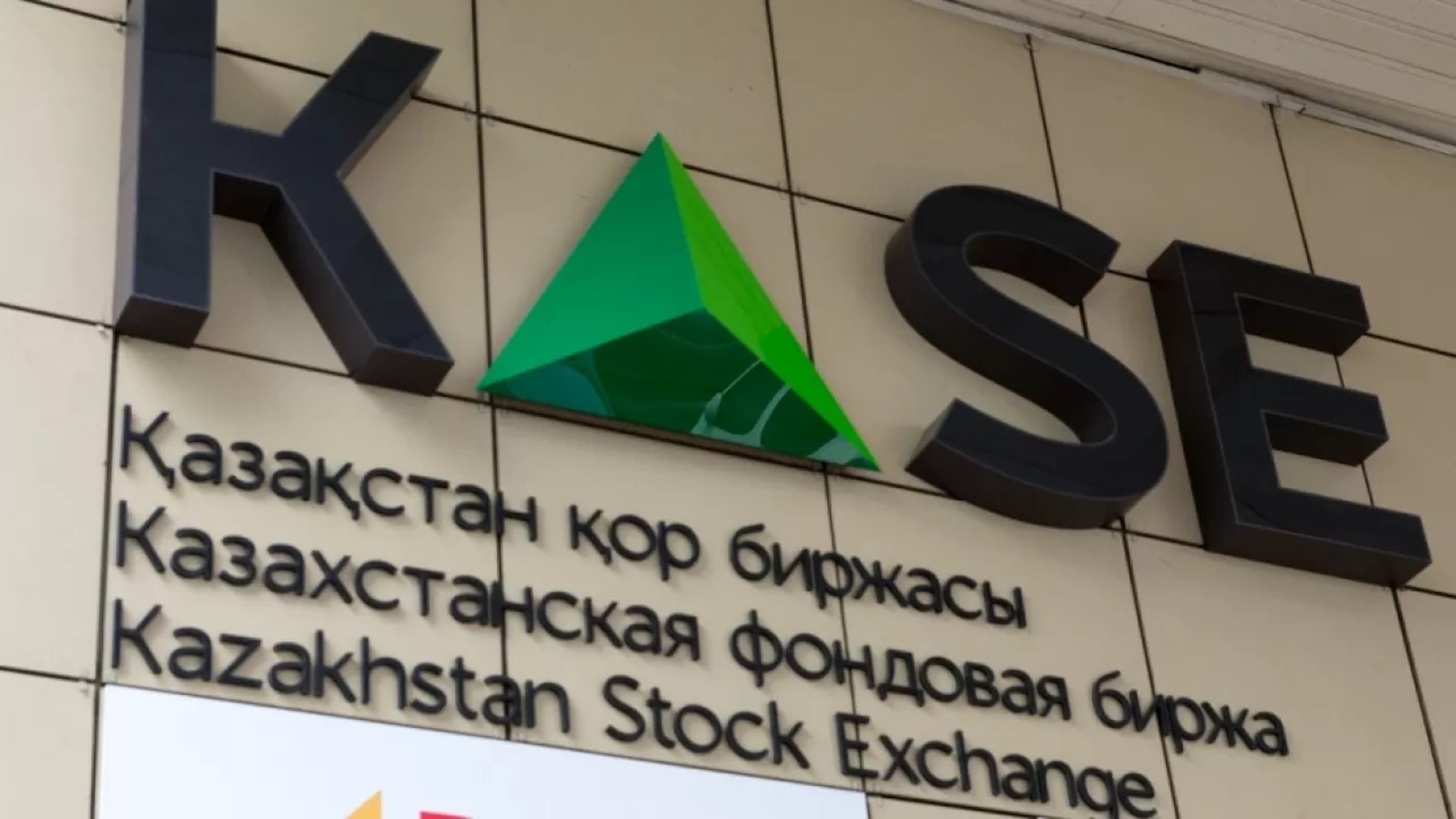Changes in Kazakhstan's oil industry: Towards full digitalisation
Significant changes in the oil industry are beginning in Kazakhstan. The country's Ministry of Energy plans to introduce full control over all processes in the field of ‘black gold’ in the third quarter of this year. This will be possible thanks to the implementation of Order No. 191, signed back in May 2018, which is only now beginning to operate in full force.

Five years ago, when Kanat Bozumbayev, the current Deputy Prime Minister, was Energy Minister, this order regulating the rules of oil supply was approved. However, the task was more global - not only to regularise supplies, but also to establish state control over all oil production and refining in the country.
According to statistics, Kazakhstan's three refineries - in Atyrau, Pavlodar and Shymkent - processed about 18 million tonnes of oil in 2022, while production exceeded this figure by 4-5 times. Most of the hydrocarbons pass through mini-refineries operating on the principle of water evaporation for subsequent export of oil products, which circumvents legal bans on crude oil exports.
The problem is that the government does not have accurate data on production and refining, which creates conditions for the ‘evaporation’ of significant volumes of raw materials and the spread of the shadow market. Shadow players are actively involved in illegal transport and refining of oil, evading taxes.
According to experts, the shadow oil turnover is about one third of the official turnover. This emphasises the importance and necessity of reforms. For example, the Atyrau refinery contributed a record 150 billion tenge in taxes and excise duties to the budget in 2023. Imagine what the contribution would be if shadow schemes were eradicated.
Digitalisation, overseen by Vice Minister Yerlan Akkenzhenov, will introduce strict control and transparency in the oil sector. Enterprises will bid for oil supplies following a clear schedule, and every oil movement will be accounted for. This will ensure that the data on oil produced, refined and sold will match, greatly reducing the scope for manipulation.
While some may oppose these changes, emphasising them as ‘bullying’ the oil industry, it is important to remember that oil is a resource for the whole nation and should benefit each of Kazakhstan's 20 million citizens, not just certain oligarchic groups.
From information sent by an anonymous source



:focal(0.49:0.37):format(webp)/YXJ0aWNsZXMvaW1hZ2UvMjAyNS80LzIwMjIxMjAzLWdhZi11NTUtNzkwLmpwZw.webp?w=1920)




















